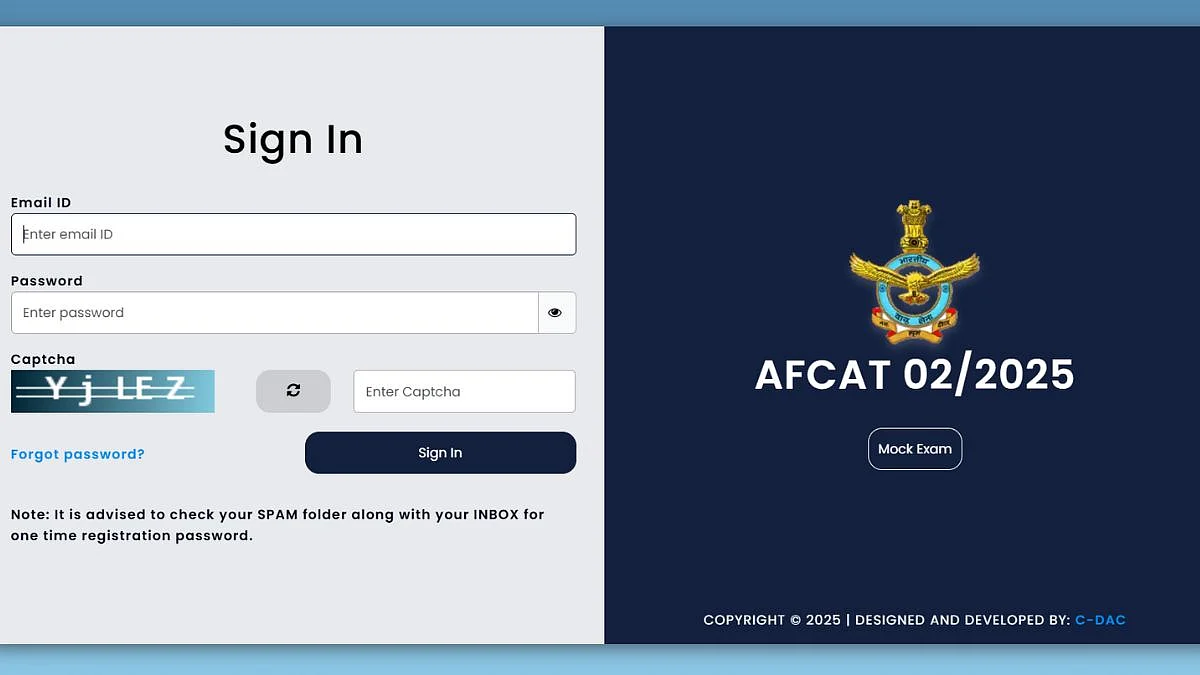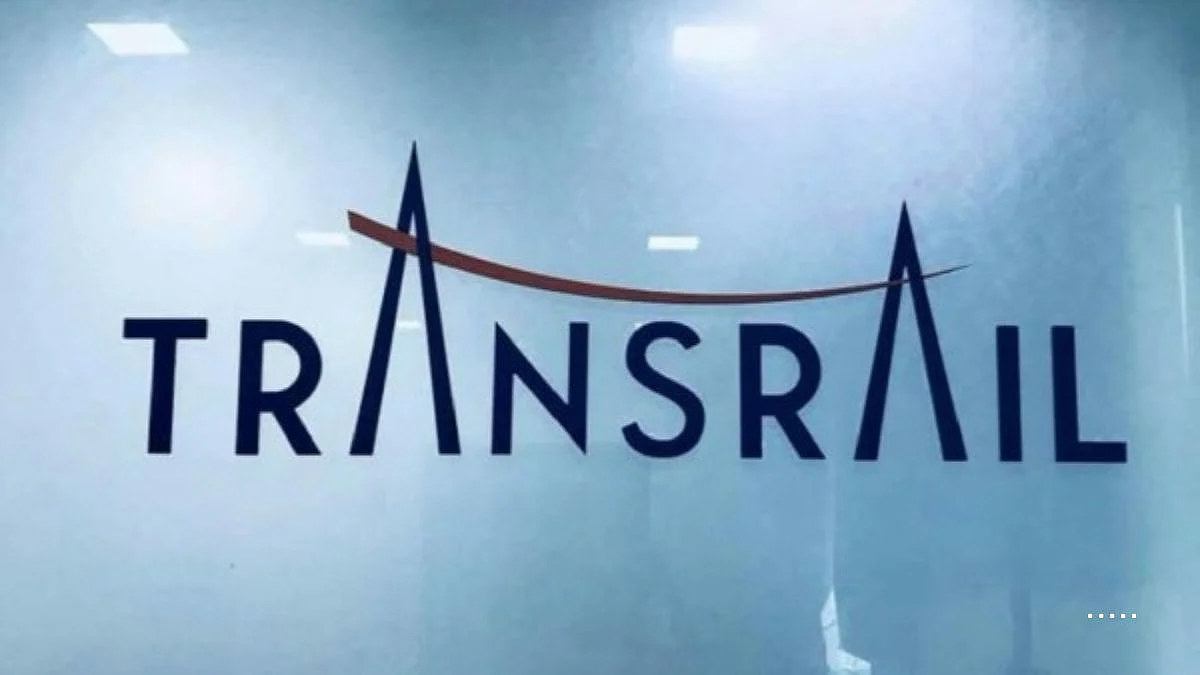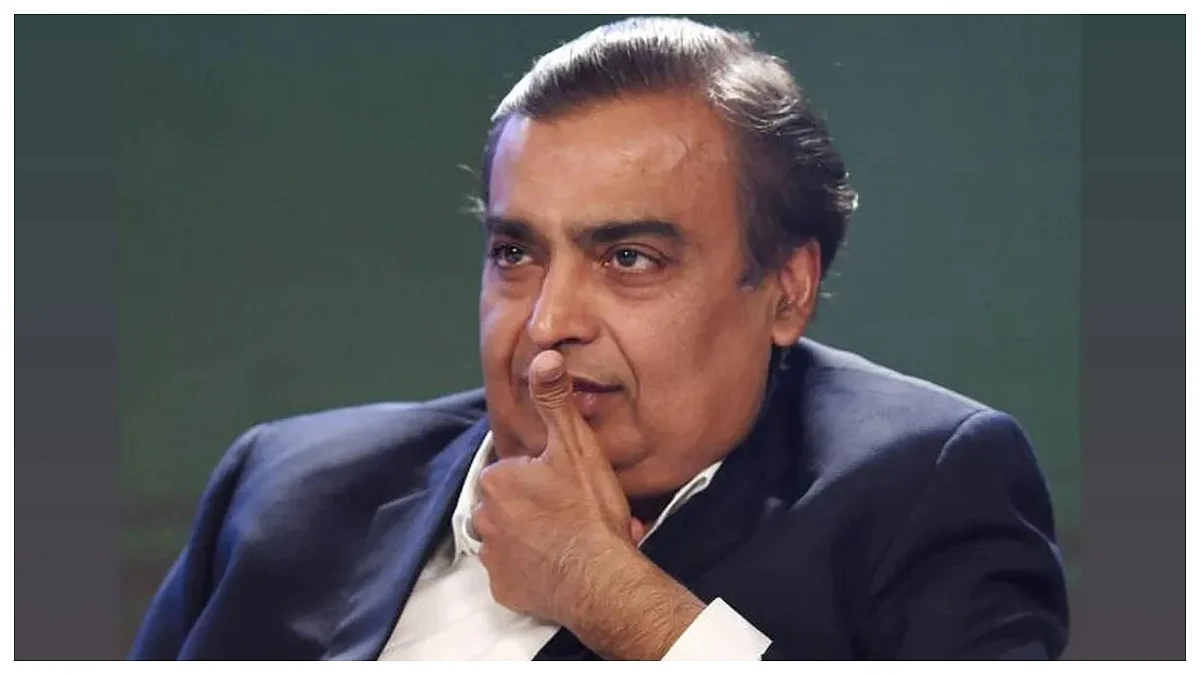In a bid to fund economic recovery, most countries are trying to boost their tax revenues and a decision has been taken by the developed G7 countries to support in G20 meeting, to raise common minimum tax to prevent global companies from shifting their profits to low tax jurisdictions.
On its part, the G20 countries that includes India over a decade too have been trying to address issues of international taxation like tax base erosion, corporate profit shifting etc which has helped some of the multinational companies to save tax substantially. To address the same, India had introduced POEM (Place of Effective Management) which give rights to levy tax on multinational company if key management and commercial decisions that are necessary for the conduct of business of an entity are taken in India.
In 2016, India started with equalisation levy on online advertisement services provided by non-residents and extended the scope of the equalisation levy subsequently in 2020 to e-commerce services. A fall out of this levy was US imposing retaliatory tariffs of up to 25 percent on imports to counter the so-called discriminatory digital tax adopted by Austria, India, Italy, Spain, Turkey and UK on global e-commerce companies (including companies originating from US).
Given this back-drop, in the post-COVID era, most countries will need to boost their tax revenues to help their respective economies recover quick and fast. At this point, if G20 countries agree to increase minimum corporate tax, it will be a blessing in disguise for countries like India in attracting more investors. Asia’s third largest economy has already implemented 15 percent corporate tax to new manufacturing companies since mid-2019 and a higher rate of 22-30 percent for other companies.
In the past, tax havens have served as a significant barrier towards the proper implementation of economic policies and India has been at the losing end. With the recommendation of G7, black money will be curbed and India will also be able to achieve the efforts to redistribute wealth. This will also help in decreasing the income/financial margin between the various economic classes within the country.
On July 7-11, Venice (Italy) will host the meeting of the G20 finance ministers and central banks governors. Ahead of this meeting, G7 finance ministers have already recommended two solutions to tackle tax challenges -- provide taxing rights to the country wherein operations and headquarters of multinational companies exist and support the recommendation of OECD for minimum global tax rate of 15 percent for multinational companies.
This recommendation of the G-7 countries for minimum corporate tax is likely to adversely affect tax heavens who levy a negligible rate of tax of 0.2 percent to 2 percent on multinational companies. Subsequently, G20 nations will decide in the future as to the effective date from when recommendation of minimum corporate tax will be made applicable and whether equalisation levy by India, among other countries, will continue or not. Till then let’s keep our fingers crossed.
(The author is a tax consultant)










